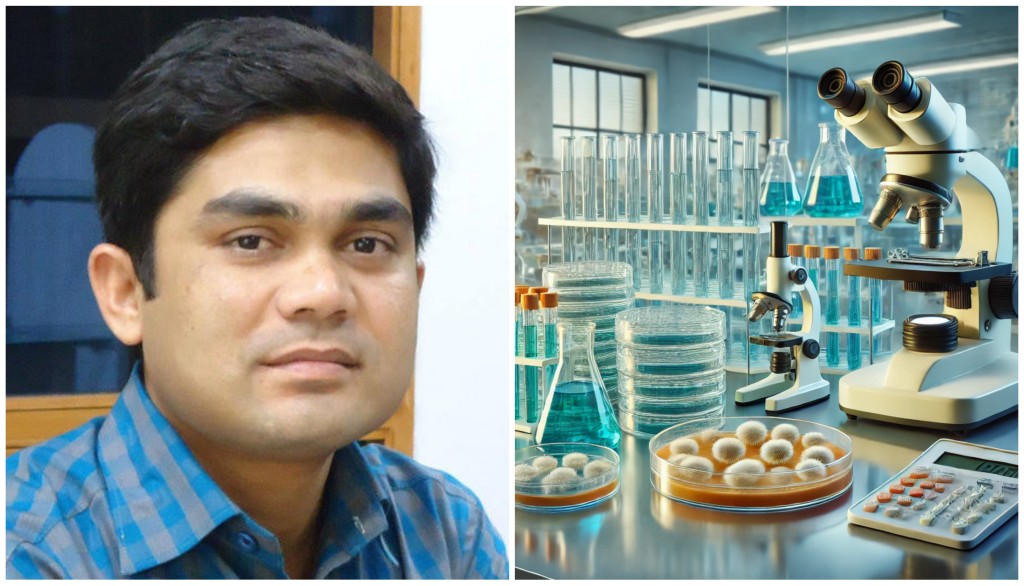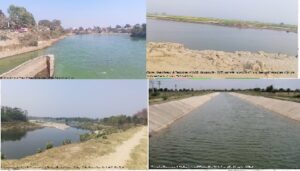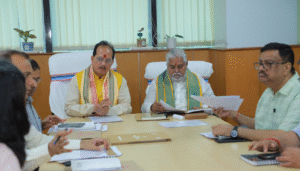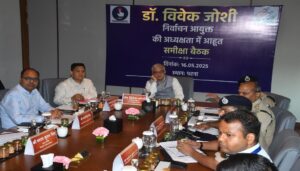Biotechnology Expert from Saharsa Discovers Plastic-Eating Bacteria, to Present Findings in the US

Saharsa / Patna : Dr. Raj Sardar, a biotechnology expert from South Bihar Central University in Gaya, has made a significant breakthrough in the fight against plastic pollution. He has identified a bacterium, Micrococcus flavus, capable of decomposing plastic and converting it into biomass. His groundbreaking research will be presented at the American Society for Microbiology Scientific Convention, scheduled to take place in Los Angeles, USA, this June.
Dr. Sardar, a native of Niriyar in Saharsa, explained that burning plastic to dispose of it releases harmful gases such as dioxin, carbon monoxide, and furan, which not only pollute the environment but also pose serious health risks. This method also contributes to a 4% increase in greenhouse gas emissions.
The widespread use and mismanagement of plastic waste have resulted in significant environmental degradation, with adverse effects on living organisms. While many countries have turned to converting plastic into liquid hydrocarbon fuel to be used in vehicles, the challenge of plastic degradation persists as a major scientific concern.
Reduces Plastic Weight by 2% in 30 Days
Dr. Sardar’s research, conducted at the Council of Scientific and Industrial Research (CSIR) laboratory, demonstrated that Micrococcus flavus forms a thin biofilm on the surface of plastic, gradually consuming it as food. This process reduces the weight of plastic by approximately 2% in 30 days. Using advanced scientific instruments, Dr. Sardar has confirmed the bacterium’s ability to break down strong plastic polymers into monomers through enzyme action, which are then utilized for anabolism.
His findings have been published in the prestigious World Journal of Microbiology and Biotechnology, an internationally recognized journal based in the Netherlands.
A Global Platform for Groundbreaking Work
Dr. Sardar is a member of the American Society for Microbiology, one of the world’s largest and oldest scientific organizations. His invitation to present this research on an international platform highlights the potential impact of his discovery on addressing the global plastic waste crisis.





